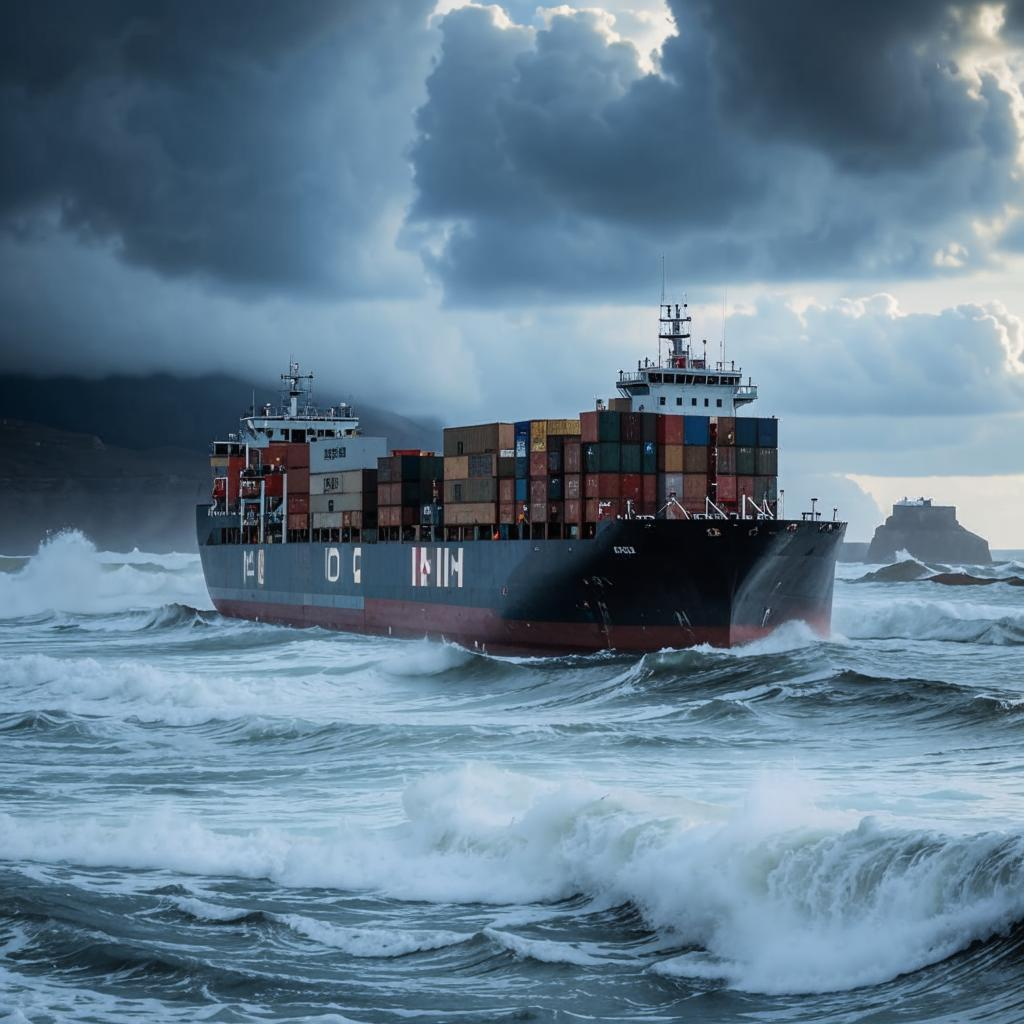Global trade is facing headwinds as geopolitical tensions intensify, according to a recent UNCTAD report. Trade flows are softening, hampered by conflicts, economic uncertainty, and shifting alliances. The war in Ukraine continues to disrupt supply chains and energy markets, adding to inflationary pressures. Simultaneously, rising tensions between major economic powers, particularly the United States and China, are creating barriers to trade and investment.
The report highlights that these geopolitical factors are exacerbating existing vulnerabilities in the global economy, including high debt levels and climate change impacts. Many countries, especially developing nations, are struggling to cope with the combined effects of these crises. Increased protectionism and trade restrictions, driven by national security concerns and domestic political pressures, are further fragmenting the global trading system. This trend could lead to higher prices for consumers, reduced economic growth, and increased global inequality.
UNCTAD urges policymakers to pursue multilateral solutions to address these challenges. This includes strengthening international cooperation, promoting trade diversification, and investing in sustainable development. The report emphasizes the need for a more inclusive and resilient global trading system that benefits all countries. Navigating this complex landscape will require careful diplomacy and a commitment to open and rules-based trade. The future of global commerce depends on addressing these geopolitical risks.















